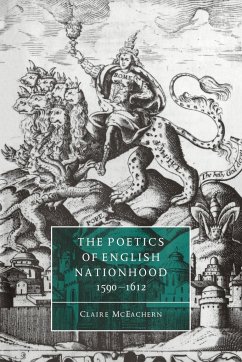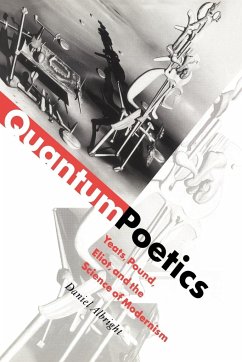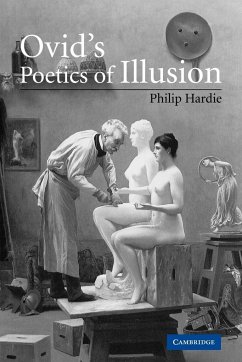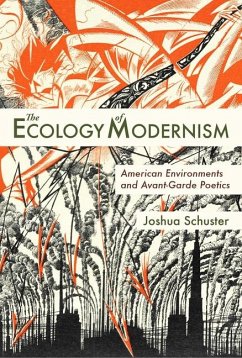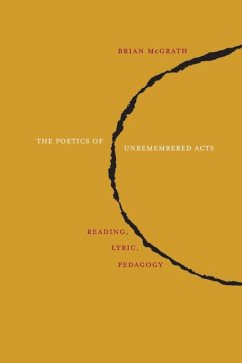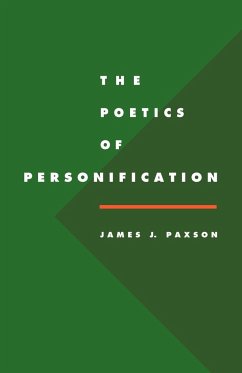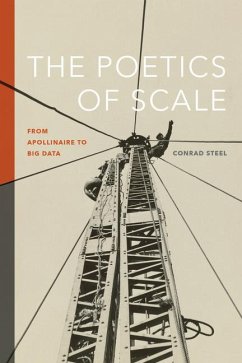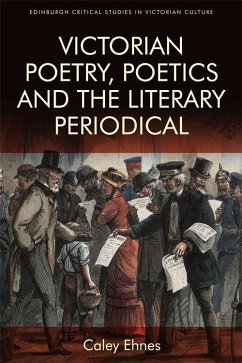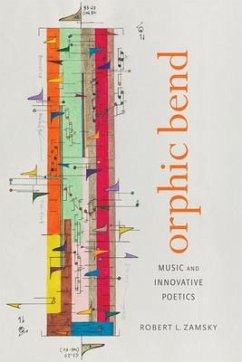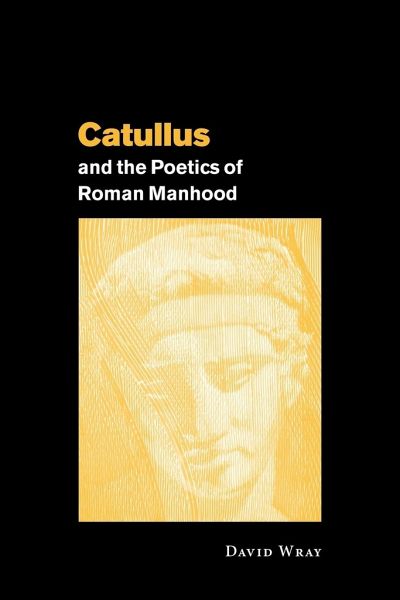
Catullus & the Poetics of Roma
Versandkostenfrei!
Versandfertig in 1-2 Wochen
48,99 €
inkl. MwSt.

PAYBACK Punkte
24 °P sammeln!
This book applies comparative cultural and literary models to a reading of Catullus' poems as social performances of a 'poetics of manhood': a competitively, often outrageously, self-allusive bid for recognition and admiration. Earlier readings of Catullus, based on Romantic and Modernist notions of 'lyric' poetry, have tended to focus on the relationship with Lesbia and to ignore the majority of the shorter poems, which are instead directed at other men. Professor Wray approaches these poems in the light of more recent models for understanding male social interaction in the premodern Mediterr...
This book applies comparative cultural and literary models to a reading of Catullus' poems as social performances of a 'poetics of manhood': a competitively, often outrageously, self-allusive bid for recognition and admiration. Earlier readings of Catullus, based on Romantic and Modernist notions of 'lyric' poetry, have tended to focus on the relationship with Lesbia and to ignore the majority of the shorter poems, which are instead directed at other men. Professor Wray approaches these poems in the light of more recent models for understanding male social interaction in the premodern Mediterranean, placing them in their specifically Roman historical context while bringing out their strikingly 'postmodern' qualities. The result is an alternative way of reading the fiercely aggressive and delicately refined agonism performed in Catullus' shorter poems. All Latin and Greek quoted is supplied with an English translation.





